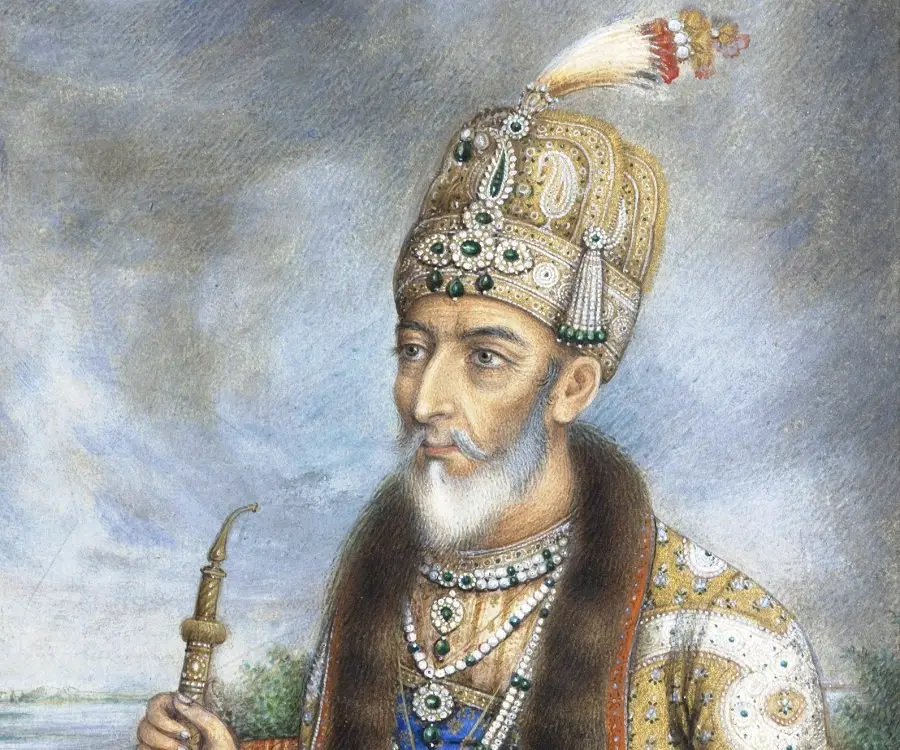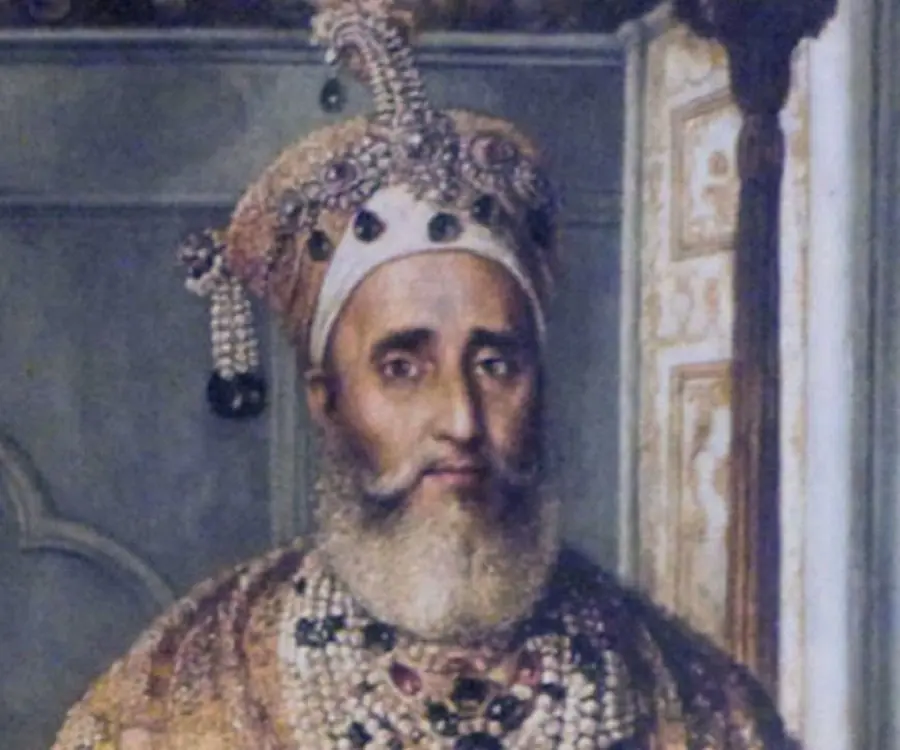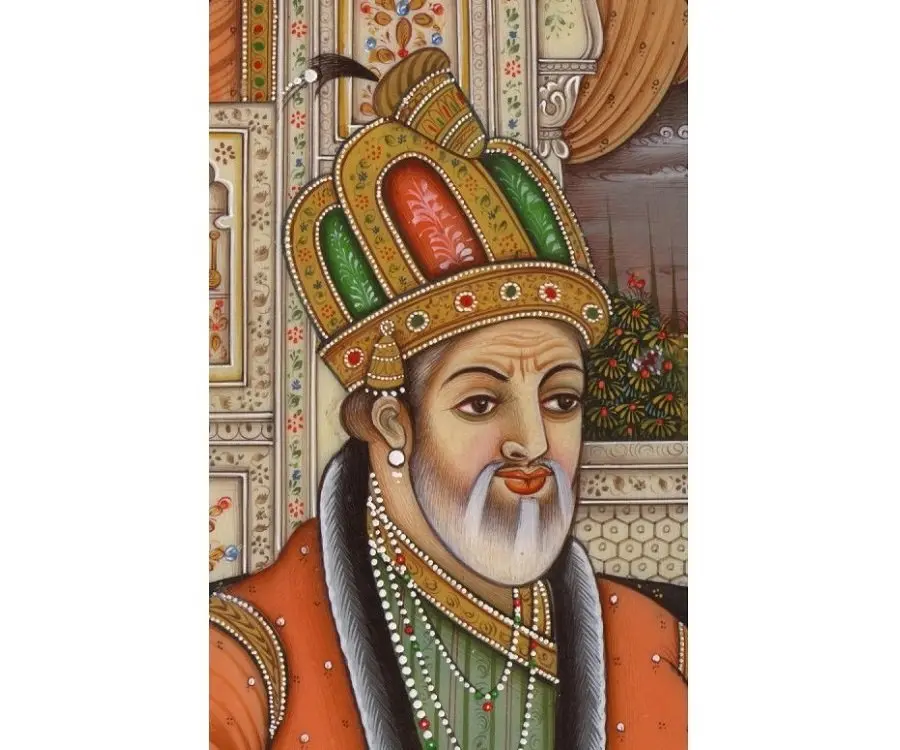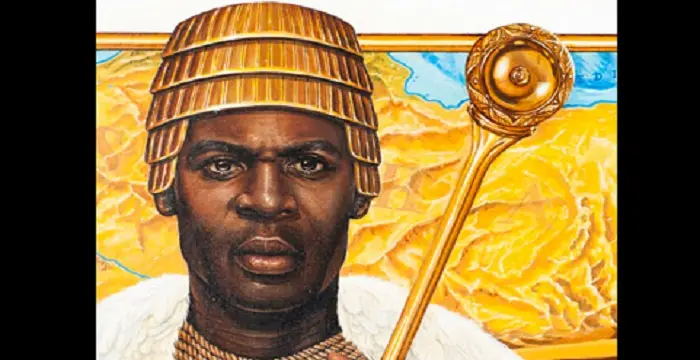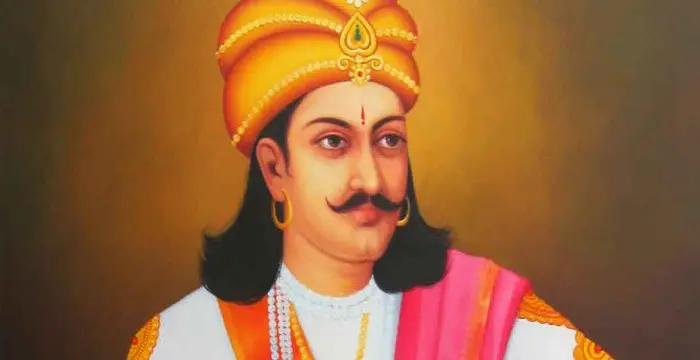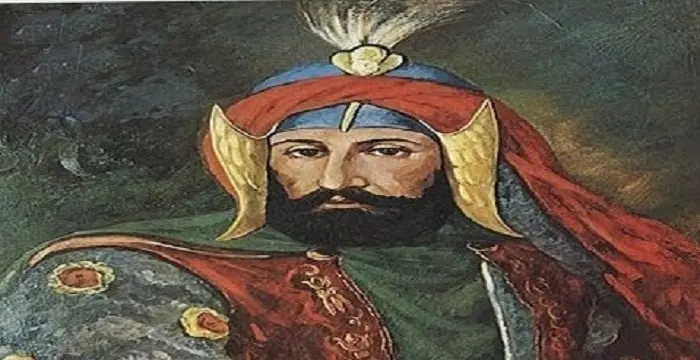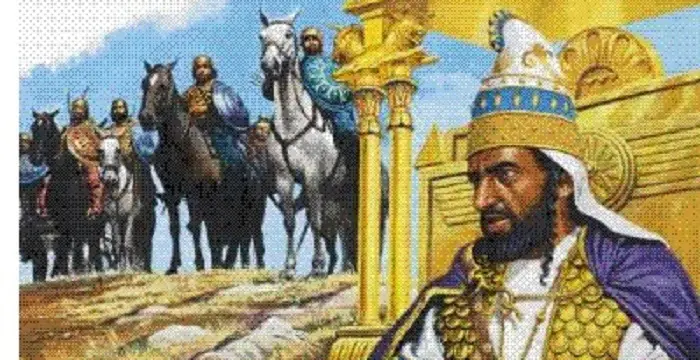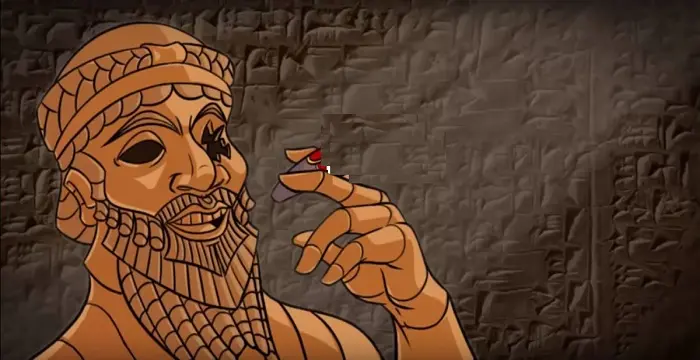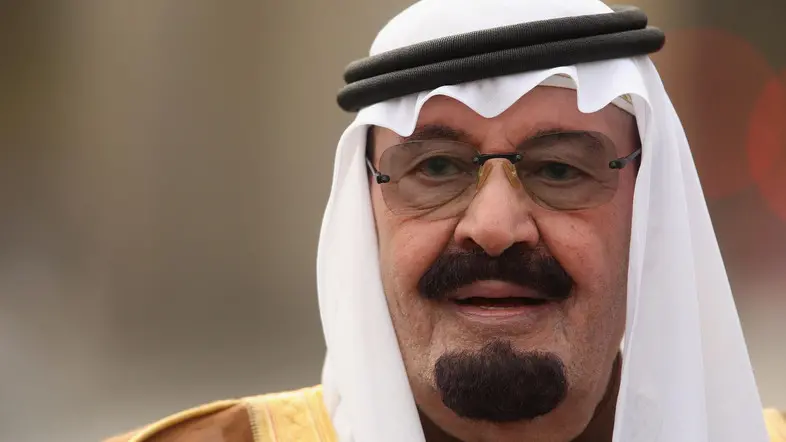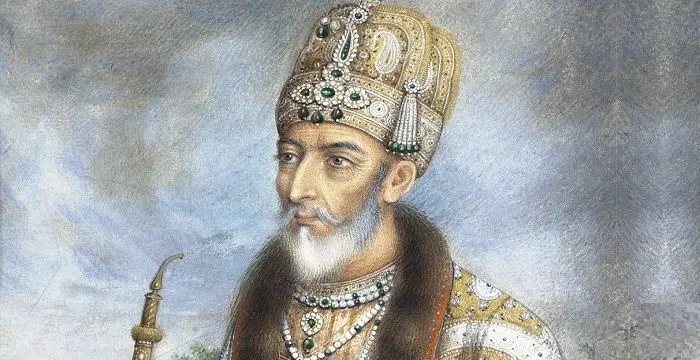
Bahadur Shah Zafar - Last Mughal Emperor, Birthday and Childhood
Bahadur Shah Zafar's Personal Details
Bahadur Shah Zafar was the last Mughal emperor of India
| Information | Detail |
|---|---|
| Birthday | October 24, 1775 |
| Died on | November 7, 1862 |
| Nationality | Indian |
| Famous | Historical Personalities, Emperors & Kings, Leaders, Emperors, Kings, Last Mughal Emperor |
| Spouses | Akhtar Mahal, Ashraf Mahal, Taj Mahal, Zeenat Mahal |
| Known as | Abu Zafar Sirajuddin Muhammad Bahadur Shah Zafar, Bahadur Shah II |
| Birth Place | Delhi |
| Gender | Male |
| Father | Akbar II |
| Mother | Lal Bai |
| Sun Sign | Scorpio |
| Born in | Delhi |
| Famous as | Last Mughal Emperor |
| Died at Age | 87 |
Bahadur Shah Zafar's photo
Who is Bahadur Shah Zafar?
Bahadur Shah Zafar, also known as Bahadur Shah II, was the last Mughal emperor of India who reigned from 1837 to 1857 for a period of 20 years. As the second son of Akbar Shah II and Lal Bai, he was not his father’s original choice to ascend the throne. However, circumstances ultimately led to his ascension to the throne after his father’s death. Even as an emperor he did not rule over a large empire; his empire barely extended beyond Delhi's Red Fort. By that time the East India Company was gaining political power in India and the emperor was no longer accorded any real power over the country which had by now fragmented into hundreds of kingdoms and principalities. He was not a very ambitious ruler and thus the British believed that he posed no real threat to them. However, Zafar did play a prominent role during the Indian Rebellion of 1857, fighting for India’s independence from British Rule. Though most famous for being the last Mughal emperor, Zafar was also a very talented Urdu poet and musician in his own right. He had written a large number of ghazals and his court was home to several Urdu writers of great repute including Mirza Ghalib, Dagh, Mumin, and Zauq.
// Famous Kings
Sundiata Keita
Sundiata Keita was the founder of the Mali Empire in West Africa. This biography profiles his childhood, early life, struggles, founding of empire, rule, administration, achievements and also gives some fun facts.
Ashoka
Ashoka was the third emperor of the Mauryan Dynasty and ruled almost the entire Indian subcontinent. This biography profiles his childhood, life, reign, achievements and timeline
Murad IV
Murad IV was one of the mighty Sultans in the history of the Ottoman Empire. This biography profiles his childhood, family, accession, rule, administration and timeline.
Childhood & Early Life
He was born on October 24, 1775, as one of the 14 sons of Mughal emperor Akbar II. His mother was a Hindu Rajput, Lal Bai. His full name was Mirza Abu Zafar Sirajuddin Muhammad Bahadur Shah Zafar.
As a young boy he received education in Urdu, Persian and Arabic. Being a prince, he was also trained in the military arts of horsemanship, swordsmanship, shooting with bow and arrow and with fire-arms.
He developed a love for poetry from two of his teachers, Ibrahim Zauq and Asad Ullah Khan Ghalib. He was not much ambitious from childhood and had more interest in Sufism, music and literature than in the political matters of the country.
Acsension & Reign
He became the 17th Mughal emperor on 28 September 1837 after the death of his father. In fact, he had not been his father’s preferred choice to succeed him. Akbar II was planning to name Mirza Jahangir, son of his wife Mumtaz Begum as the successor but could not do so after Mirza Jahangir got into serious conflict with the British.
Zafar was not an ambitious person and did not exercise much power even after becoming the emperor. The British, who were by now gaining much political control over India, did not consider him to be a threat.
His empire barely extended beyond Delhi’s Red Fort; he had power only over a limited area of land though he had the authority to collect some taxes and to maintain a small military force in Delhi.
As an emperor he saw to his best that all his subjects belonging to different religions were treated fairly. He believed in the equality of religions and felt it was his duty to protect the religious rights of the Hindus along with the Muslims.
During his reign, he ensured that the major Hindu festivals like Holi and Diwali were celebrated in the court. He was very sensitive towards the religious sentiments of Hindus and did not support the extremist views of some Orthodox Muslim sheikhs.
He was a devout sufi, a poet and a dervish. He was a noted Urdu poet who composed several ghazals which were known for their emotional and intense content. He was a prolific writer and even though much of his poetry collections were destroyed in the Indian Rebellion of 1857, the remainder of his poems was later complied into Kulliyyat-i-Zafar.
In 1857, as the Indian rebellion against the British was spreading, Sepoy regiments seized Delhi. Rebelling Indian kings felt that Zafar would be the most suitable person to be the Emperor of India under whom the smaller kingdoms would be united in the fight against the British.
He gave his public support to the rebellion and even appointed his son Mirza Mughal as the commander in chief of his forces. Mirza Mughal was very inexperienced, and did not lead the army competently. The city’s administration was in disarray and the army was in a chaos.
When it became apparent that the British would emerge victorious, Bahadur Shah sought refuge at Humanyun’s Tomb at the outskirts of Delhi. However, British officials led by Major William Hodson discovered his hiding place and forced him to surrender on 20 September 1857.
Many male members of Zafar’s family including his sons Mirza Mughal and Mirza Khizr Sultan were killed by the British, while the surviving members, including Bahadur Shah himself, were imprisoned or exiled.
Bahadur Shah Zafar was exiled to Rangoon, Burma, in 1858, along with his wife Zeenat Mahal and some of the of the remaining members of the family.
Personal Life & Legacy
He had four wives, Begum Ashraf Mahal, Begum Akhtar Mahal, Begum Zeenat Mahal, and Begum Taj Mahal. Of all his wives, Zeenat Mahal was the closest to him. He had several sons and daughters from his wives and concubines.
After his surrender to the British forces, he was sentenced to exile in Rangoon, Burma. He was accompanied by his wife Zeenat Mahal into exile. He died on November 7, 1862 at the age of 87.
// Famous Emperors
Sundiata Keita
Sundiata Keita was the founder of the Mali Empire in West Africa. This biography profiles his childhood, early life, struggles, founding of empire, rule, administration, achievements and also gives some fun facts.
Ashoka
Ashoka was the third emperor of the Mauryan Dynasty and ruled almost the entire Indian subcontinent. This biography profiles his childhood, life, reign, achievements and timeline
Murad IV
Murad IV was one of the mighty Sultans in the history of the Ottoman Empire. This biography profiles his childhood, family, accession, rule, administration and timeline.
Bahadur Shah Zafar biography timelines
- // 24th Oct 1775He was born on October 24, 1775, as one of the 14 sons of Mughal emperor Akbar II. His mother was a Hindu Rajput, Lal Bai. His full name was Mirza Abu Zafar Sirajuddin Muhammad Bahadur Shah Zafar.
- // 28th Sep 1837He became the 17th Mughal emperor on 28 September 1837 after the death of his father. In fact, he had not been his father’s preferred choice to succeed him. Akbar II was planning to name Mirza Jahangir, son of his wife Mumtaz Begum as the successor but could not do so after Mirza Jahangir got into serious conflict with the British.
- // 1857In 1857, as the Indian rebellion against the British was spreading, Sepoy regiments seized Delhi. Rebelling Indian kings felt that Zafar would be the most suitable person to be the Emperor of India under whom the smaller kingdoms would be united in the fight against the British.
- // 1857When it became apparent that the British would emerge victorious, Bahadur Shah sought refuge at Humanyun’s Tomb at the outskirts of Delhi. However, British officials led by Major William Hodson discovered his hiding place and forced him to surrender on 20 September 1857.
- // 1858Bahadur Shah Zafar was exiled to Rangoon, Burma, in 1858, along with his wife Zeenat Mahal and some of the of the remaining members of the family.
- // 7th Nov 1862After his surrender to the British forces, he was sentenced to exile in Rangoon, Burma. He was accompanied by his wife Zeenat Mahal into exile. He died on November 7, 1862 at the age of 87.
// Famous Emperors & Kings
Sundiata Keita
Sundiata Keita was the founder of the Mali Empire in West Africa. This biography profiles his childhood, early life, struggles, founding of empire, rule, administration, achievements and also gives some fun facts.
Ashoka
Ashoka was the third emperor of the Mauryan Dynasty and ruled almost the entire Indian subcontinent. This biography profiles his childhood, life, reign, achievements and timeline
Murad IV
Murad IV was one of the mighty Sultans in the history of the Ottoman Empire. This biography profiles his childhood, family, accession, rule, administration and timeline.
Xerxes I
Xerxes I (Xerxes the Great) was the fourth and the most famous king of the Archaemenid dynasty of Persia. This biography profiles his childhood, family, personal life, life history, achievements, campaigns, administration, death and other facts.
Sargon of Akkad
Sargon of Akkad, also called ‘Sargon the Great’, ‘Sarru-Kan’ and ‘Shar-Gani-Sharri’, was the founder and first king of the Akkadian Empire. This biography profiles his childhood, life, rule, administration, timeline, and gives some fun facts.
Abdullah of Saudi Arabia
Abdullah bin Abdulaziz Al Saud was the King of Saudi Arabia from 2005 to 2015 and the third wealthiest head of state in the world. Find more facts about his life, childhood and timeline.
Bahadur Shah Zafar's FAQ
What is Bahadur Shah Zafar birthday?
Bahadur Shah Zafar was born at 1775-10-24
When was Bahadur Shah Zafar died?
Bahadur Shah Zafar was died at 1862-11-07
Where was Bahadur Shah Zafar died?
Bahadur Shah Zafar was died in Rangoon
Which age was Bahadur Shah Zafar died?
Bahadur Shah Zafar was died at age 87
Where is Bahadur Shah Zafar's birth place?
Bahadur Shah Zafar was born in Delhi
What is Bahadur Shah Zafar nationalities?
Bahadur Shah Zafar's nationalities is Indian
Who is Bahadur Shah Zafar spouses?
Bahadur Shah Zafar's spouses is Akhtar Mahal, Ashraf Mahal, Taj Mahal, Zeenat Mahal
Who is Bahadur Shah Zafar's father?
Bahadur Shah Zafar's father is Akbar II
Who is Bahadur Shah Zafar's mother?
Bahadur Shah Zafar's mother is Lal Bai
What is Bahadur Shah Zafar's sun sign?
Bahadur Shah Zafar is Scorpio
How famous is Bahadur Shah Zafar?
Bahadur Shah Zafar is famouse as Last Mughal Emperor
